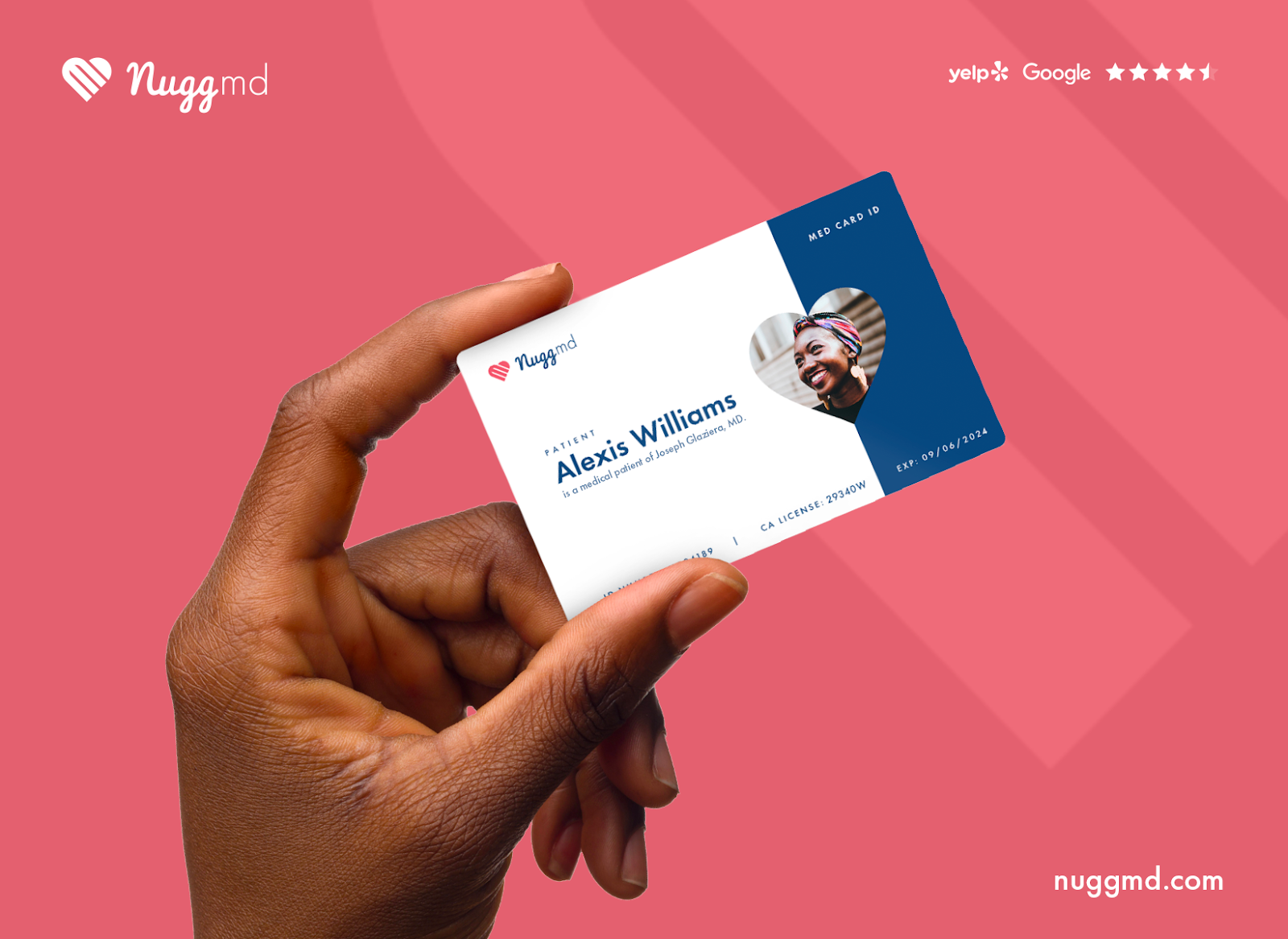
A mood disorder, sometimes called an affective disorder, is a mental health condition. Mood disorders involve persistent feelings of excessive happiness, sadness, and other emotions that may be inconsistent with your current circumstances. Depression and bipolar disorder are the most common types of mood disorders, but the broad term can refer to a variety of conditions and subtypes.
Mood is the expression of emotion. Ancient Greek physicians first described the emotional extremes of mood as melancholia and mania and later determined that they exist on a spectrum. In the mid-1800s, these two mood states were linked and the current description of “bipolar disorder” was coined.1
Mood disorders are common. A national survey of adults from 2001-2003 found that 9.7% experienced a mood disorder in the previous year, with 3.9% more women than men reporting a qualifying condition.
The rate of depression has been increasing among Americans aged 12-25 years old. A recent study found that in the year 2020, 1 in 10 Americans experienced depression, now considered a mental health crisis.
What Causes Mood Disorders?
Mood disorders can affect children, teens, and adults. Experts have identified some factors that may contribute to the development of a mood disorder:
- Biological factors: A chemical imbalance in the brain or an enlarged amygdala has been correlated with having a mood disorder.
- Genetics: People with a significant family history of mood disorders are more at risk.
- Environmental factors: Stress, trauma, and childhood abuse are risk factors for the development of a mood disorder.
Signs & Symptoms of Mood Disorders
If you have a mood disorder, you may experience one or more of the following depressive symptoms:
- Persistent feelings of sadness
- Lack of energy
- Feeling worthless, hopeless, or excessive guilt
- Loss of interest in previously enjoyable activities
- Thoughts of death or suicide
- Inability to focus or concentrate
- Too much or not enough sleep
- Overeating or loss of appetite
Alternatively, you may experience one or more of the following manic symptoms:
- Feeling excessively happy or energetic
- Quick movement or speech
- Irritability, restlessness, or aggression
- Reckless behavior
- Racing thoughts
- Insomnia or difficulty sleeping
The severity and pattern of symptoms can differ among each type of mood disorder, but feelings are usually more intense than what other individuals might feel in the same circumstances. If your symptoms are interfering with work, relationships, or everyday activities, it may be time to talk to a healthcare professional or someone you trust.
Some common mood disorders include:
- Major depressive disorder
- Postpartum depression
- Persistent depressive disorder
- Seasonal affective disorder (SAD)
- Substance-induced mood disorder
- Bipolar disorder
- Cyclothymia
- Premenstrual dysphoric disorder (PMDD)
- Disruptive mood dysregulation disorder (DMDD)
The treatment for a mood disorder depends on the type, but usually involves a combination of medication, psychotherapy, and support by family or friends.
Seek help immediately if you are in distress or thinking about hurting yourself. Call 988 to reach the Suicide and Crisis Lifeline, available 24/7 in the United States.
Can Cannabis Help Alleviate Symptoms of Mood Disorders?

The endocannabinoid system is known to interact with many physiological processes, including mood, so it’s not absurd to wonder if medical cannabis can be used to alleviate some mood disorders. Researchers have long been studying the effect of marijuana on mood, and the results are surprising.2
- A 2018 retrospective study concluded that CBD has the potential to improve psychotic symptoms in schizophrenic patients and decrease anxiety symptoms for individuals diagnosed with generalized SAD. The reviewed studies were limited by their small size and short durations, and further study is needed.3
- A 2020 study observed 1819 participants who self-administered cannabis with the goal of treating symptoms of depression. On average, 95.8% of participants experienced short-term antidepressant effects, though the magnitude of effects varied by each plant’s chemotype.4
- A small 2016 study found that patients with bipolar disorder who regularly smoked cannabis experienced short-term alleviation of clinical symptoms. While this suggests the potential for cannabis to aid in mood stabilization, further study is needed and should include larger sample sizes.5
- A three-year longitudinal study of 8598 Swedish men and women sought to illuminate the association between use of marijuana and depression. Scientists did not find any associations or an increased chance of later using marijuana. This study was limited because the frequency of use and age of first use was unknown.6
- A cohort analysis study noted that while there seems to be evidence that people with more symptoms of mood disorders use cannabis more frequently, researchers have been unable to link medical cannabis usage to the onset of mood disorders.7 A 2017 population-based study of over 2000 people with major depressive disorder concluded that many of the connections between cannabis use and severe depression are more likely attributed to other factors.8
In general, there is no significant clinical evidence that marijuana directly benefits people with a mood disorder. Much of the research has looked at whether using cannabis causes the onset of specific mood disorders, instead of how cannabis potentially affects their symptoms. More studies that single out different cannabinoids to focus on their efficacy and safety when used for specific mood disorders and symptoms are needed.
While it is not known whether all mood disorders may be negatively affected by using marijuana, people with a mood disorder, or at risk for one, should use caution. CBD may be a future option for depression, but so far nothing is conclusive. Consult with your doctor before using cannabis for a mood disorder.
Products that contain CBD and no THC may be suitable for someone experiencing a mood disorder. Look for CBD-rich tinctures, edibles, and teas that are made with additional ingredients meant to calm the mind, like lavender, chamomile, and myrcene.
Legality and Doctor’s Recommendation
To determine if your state considers mood disorders to be a qualifying condition for medical marijuana, check out our Laws & Regulations section for the medical cannabis rules for your state.
If you find that your state recognizes mood disorders or their symptoms as a qualifying medical condition, you can seek a doctor’s recommendation to get your medical cannabis card in your state.
How Nugg Can Help

NuggMD is the nation's leading medical marijuana technology platform, serving patients in 21 states and growing. We’ve connected over 1,000,000 patients with their new medical marijuana doctors face-to-face via our state-of-the-art telemedicine platform.
We believe that every human being has the right to explore the benefits of medical cannabis and are fully committed to helping each patient explore all of their options in their journey to wellness. For further information on whether you qualify for medical cannabis, select your state.
Sources
1. Mason, Brittany, E. Brown, and Paul Croarkin. 2016. “Historical Underpinnings of Bipolar Disorder Diagnostic Criteria.” Behavioral Sciences 6 (3): 14. https://doi.org/10.3390/bs6030014.
2. Stampanoni Bassi, Mario, Luana Gilio, Pierpaolo Maffei, Ettore Dolcetti, Antonio Bruno, Fabio Buttari, Diego Centonze, and Ennio Iezzi. 2018. “Exploiting the Multifaceted Effects of Cannabinoids on Mood to Boost Their Therapeutic Use against Anxiety and Depression.” Frontiers in Molecular Neuroscience 11: 424. https://doi.org/10.3389/fnmol.2018.00424.
3. Scherma M, Masia P, Deidda M, Fratta W, Tanda G, Fadda P. New Perspectives on the Use of Cannabis in the Treatment of Psychiatric Disorders. Medicines. 2018; 5(4):107. https://doi.org/10.3390/medicines5040107
4. Li X, Diviant JP, Stith SS, Brockelman F, Keeling K, Hall B, Vigil JM. The Effectiveness of Cannabis Flower for Immediate Relief from Symptoms of Depression. Yale J Biol Med. 2020 Jun 29;93(2):251-264. PMID: 32607086; PMCID: PMC7309674.
5. Sagar, K. A., Dahlgren, M. K., Racine, M. T., Dreman, M. W., Olson, D. P., & Gruber, S. A. (2016). Joint Effects: A Pilot Investigation of the Impact of Bipolar Disorder and Marijuana Use on Cognitive Function and Mood. PLOS ONE, 11(6), e0157060. https://doi.org/10.1371/journal.pone.0157060
6. Danielsson, Anna-Karin, Andreas Lundin, Emilie Agardh, Peter Allebeck, and Yvonne Forsell. 2016. “Cannabis Use, Depression and Anxiety: A 3-Year Prospective Population-Based Study.” Journal of Affective Disorders 193 (March): 103–8. https://doi.org/10.1016/j.jad.2015.12.045.
7. Horwood, L. John, David M. Fergusson, Carolyn Coffey, George C. Patton, Robert Tait, Diana Smart, Primrose Letcher, Edmund Silins, and Delyse M. Hutchinson. 2012. “Cannabis and Depression: An Integrative Data Analysis of Four Australasian Cohorts.” Drug and Alcohol Dependence 126 (3): 369–78. https://doi.org/10.1016/j.drugalcdep.2012.06.002.
8. Feingold, Daniel, Jürgen Rehm, and Shaul Lev-Ran. 2017. “Cannabis Use and the Course and Outcome of Major Depressive Disorder: A Population Based Longitudinal Study.” Psychiatry Research 251 (May): 225–34. https://doi.org/10.1016/j.psychres.2017.02.027.
The information in this article and any included images or charts are for educational purposes only. This information is neither a substitute for, nor does it replace, professional legal advice or medical advice, diagnosis, or treatment. If you have any concerns or questions about laws, regulations, or your health, you should always consult with an attorney, physician or other licensed professional.

